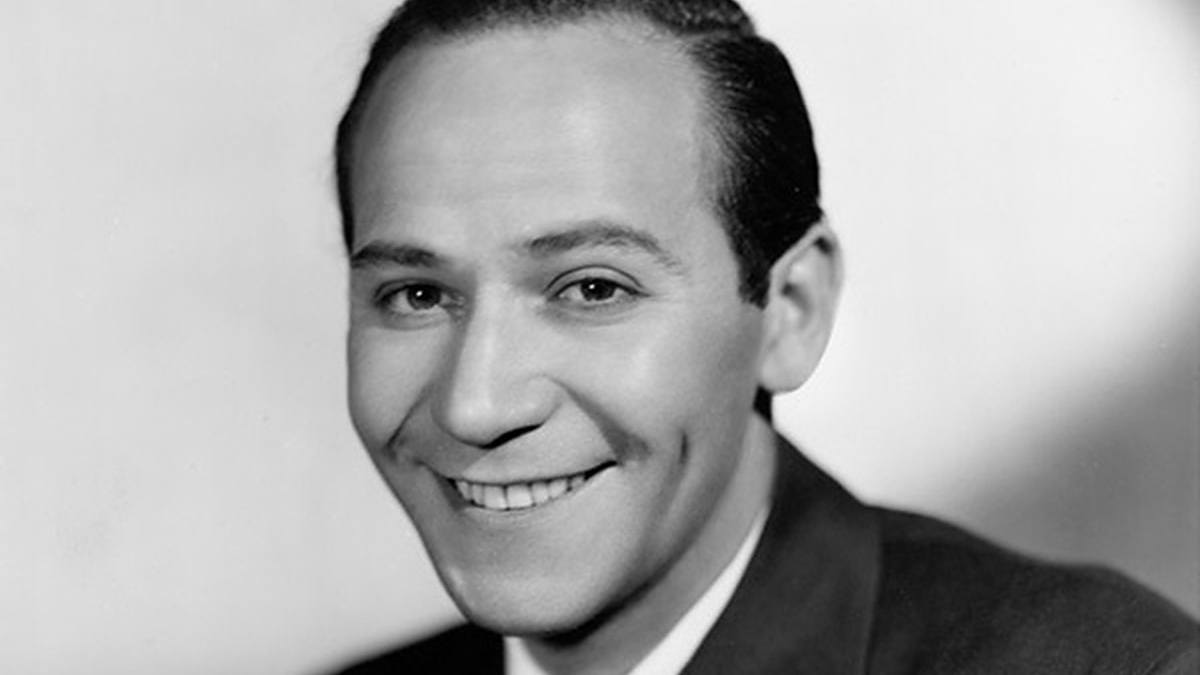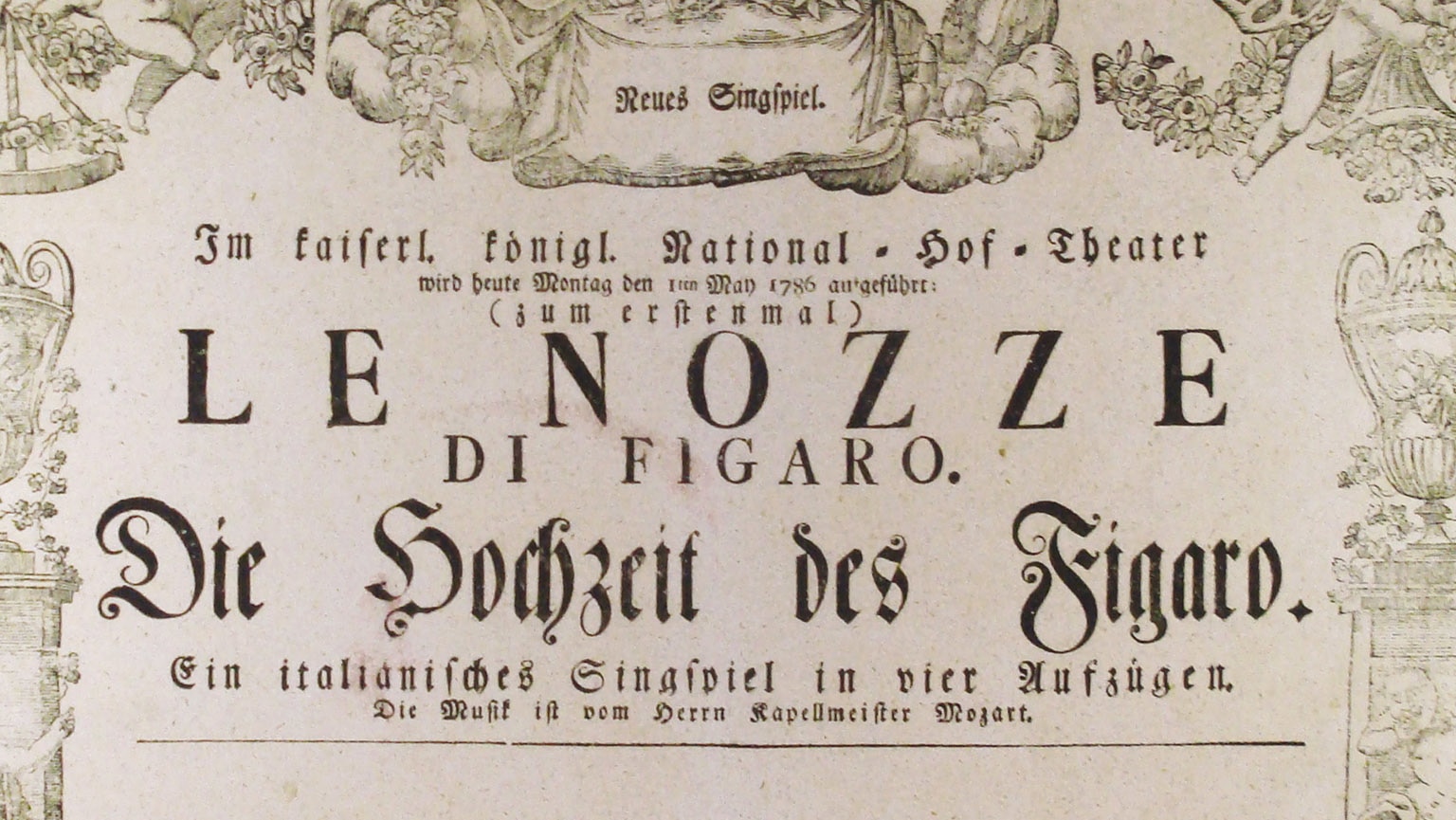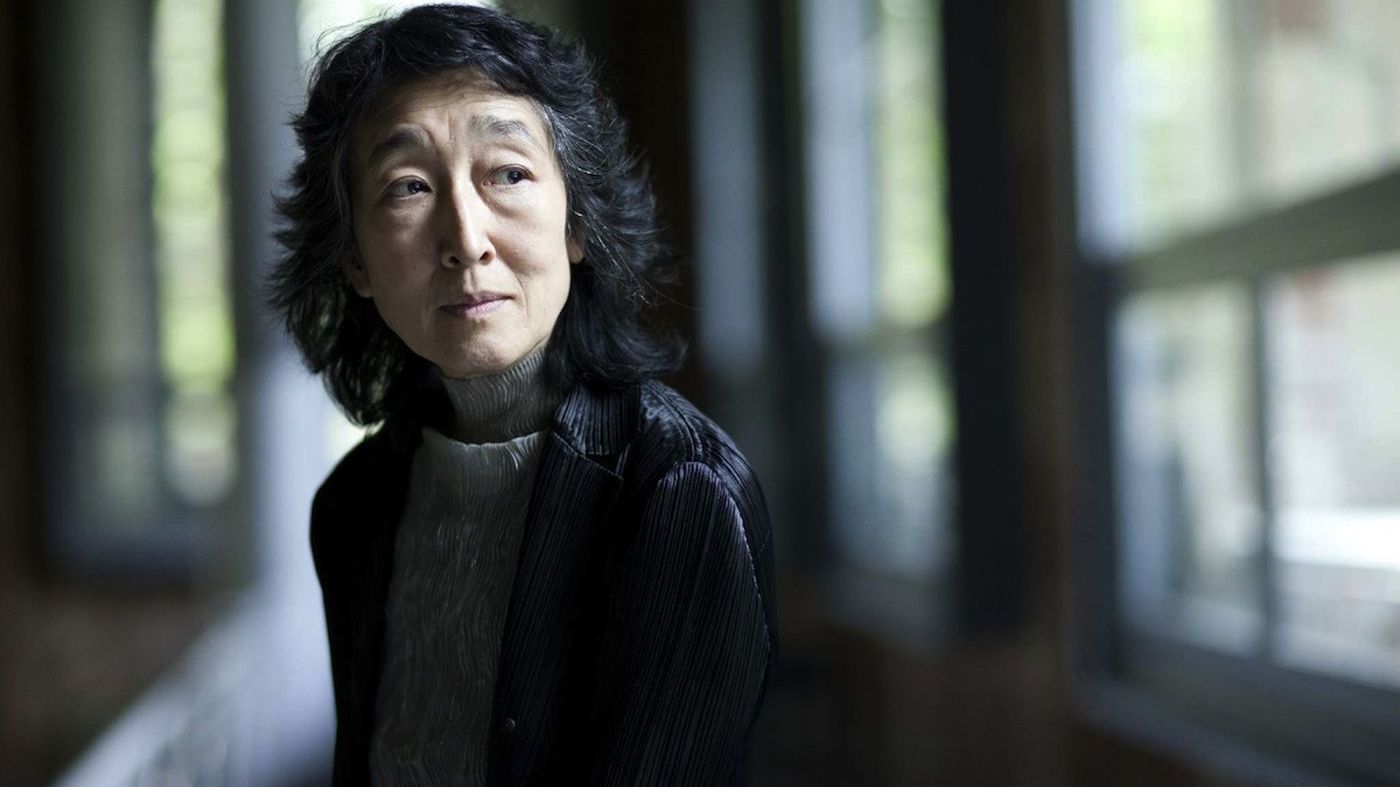Roy Harris’ Third Symphony: Sounds of the Rugged American Frontier
Roy Harris (1898-1979) was born in a log cabin on the Oklahoma prairie and grew up as a farmer in the rural San Gabriel Valley of Southern California. He went on to write what the legendary Boston Symphony music director Serge Koussevitzky called “the first great symphony by an American composer.” That work was Harris’ Symphony No. 3, completed in 1938 and premiered the following year by Koussevitzky and the BSO. It’s music …







